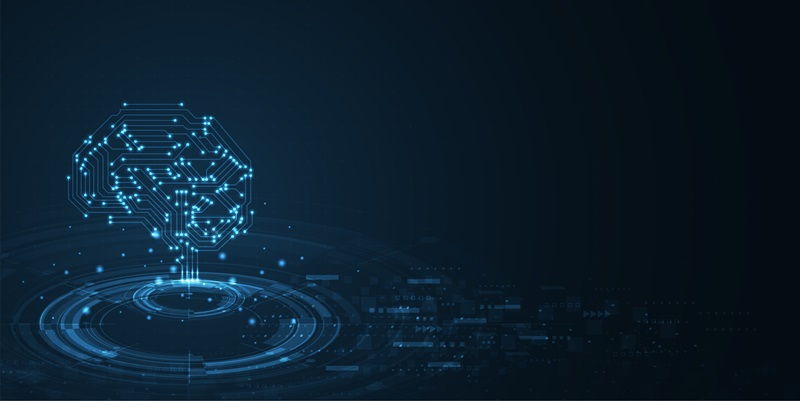In today’s competitive job market, the recruitment process plays a crucial role in attracting and retaining top talent. However, it is not without its challenges. Fortunately, advancements in technology, particularly artificial intelligence (AI), have revolutionized talent acquisition strategies. By leveraging AI, businesses can not only streamline their recruitment process but also create a positive impression on job seekers. In this article, we will explore the role of AI in improving the recruitment process, enhancing applicant experience, and optimizing talent acquisition efforts.
Challenges Faced by Talent Acquisition Teams
Talent acquisition teams often find themselves juggling multiple tasks, from attracting and vetting candidates to contacting and onboarding new hires. It can be overwhelming, resulting in delays, communication gaps, and even a negative candidate experience. According to research, approximately 58% of job seekers report having a negative impression of a business when they do not receive a response after submitting an application.
The Role of AI in Improving the Recruitment Process
AI has emerged as a valuable tool in addressing the challenges faced by talent acquisition teams. One significant advantage of AI is the ability to set up automated messages for each stage of the applicant’s journey. These automated messages provide reassurance to applicants, ensuring they feel acknowledged and valued, even if they are not selected for further consideration. By leveraging AI, recruiters can maintain open lines of communication and enhance the overall applicant experience.
Assisting with Candidate Notifications
Delivering rejection news can be an uncomfortable task for recruiters. However, AI can play a vital role in streamlining this process. With AI-powered systems, recruiters can automate the task of notifying candidates who have not been selected to move forward in the hiring process. This not only saves time but also ensures consistent and respectful communication, mitigating any negative perceptions of the company.
The Impact of Regular Updates on Job Seekers
One of the key factors influencing a candidate’s impression of a company is the frequency of updates during the application process. Research suggests that approximately 67% of job seekers have a positive impression of a company that shares regular updates with them throughout the recruitment process. AI tools can facilitate this by automating notifications, providing progress updates, and addressing frequently asked questions to keep candidates informed and engaged.
Leveraging AI to Make a Good Impression
Impressions matter, regardless of whether the news is positive or negative. By integrating AI into the recruitment process, talent teams can ensure they create a positive impression no matter the outcome. With automated messaging and regular updates, candidates will feel valued, respected, and part of the process, ultimately improving their perception of the company.
Using AI to Generate Effective Job Descriptions
Crafting compelling and inclusive job descriptions can be a time-consuming task for recruiters. AI technology can assist in generating job descriptions that meet the business’s hiring goals and quotas. By analyzing patterns and trends in successful job postings, AI can help recruiters articulate the position’s requirements and responsibilities effectively. Furthermore, AI algorithms can be programmed to draft bias-free descriptions, enabling companies to attract diverse talent while eliminating unconscious biases.
Utilizing Automation to Optimize Recruitment Efforts
Automation plays a vital role in streamlining the recruitment process, allowing talent teams to focus on more meaningful, non-automatable tasks. By automating repetitive and time-consuming activities such as resume screening, application tracking, and interview scheduling, recruiters gain more time and energy to engage with candidates, build relationships, and foster a positive candidate experience.
The integration of AI in the recruitment process has significantly transformed talent acquisition strategies. By leveraging AI-powered solutions, businesses can improve the applicant experience, enhance communication, and optimize their recruitment efforts. From automating applicant notifications and generating bias-free job descriptions to streamlining administrative tasks, AI enables talent teams to focus on building relationships and making well-informed hiring decisions. As the competition for top talent continues to intensify, embracing AI in recruitment is not merely an option but a necessity for organizations seeking to attract the best candidates and achieve sustainable growth.

